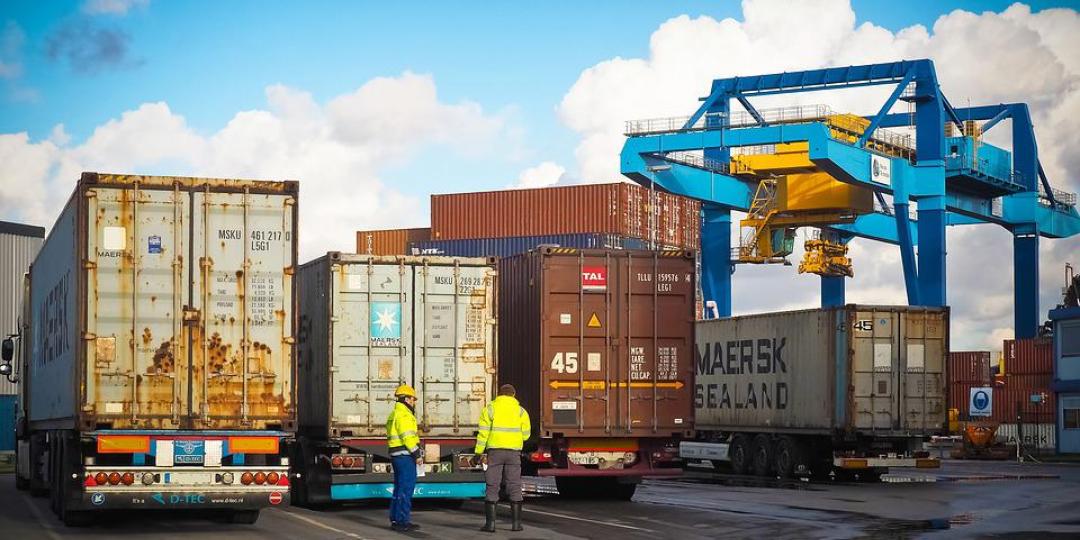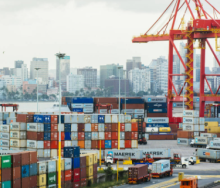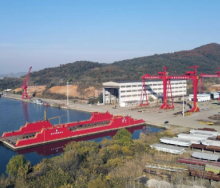Employer association and trade union negotiations for a new labour contract for more than 22 000 dockworkers at US West Coast ports failed to reach a new agreement before Friday’s deadline that saw the latest contract in place expiring.
However, workers and employers have promised that there will be no disruption to services and that cargo will keep moving while they continue to thrash out a new wage deal. The labour agreement expired on Friday, July 1.
The International Longshore and Warehouse Union (ILWU) and the Pacific Maritime Association (PMA), which includes port terminals and shipping lines have been negotiating a new labour deal since May 10.
The negotiations are taking place during “a period of unprecedented stress on America’s supply chain and logistics network” PMA warned in a statement during the negotiation period. The association highlighted the stressful economic climate in a statement on its website.
“PMA will negotiate with the ILWU in a spirit of co-operation. PMA is committed to conducting these negotiations with the interests of the nation in mind. We will engage in good faith talks, and believe a contract must be achieved without work disruptions at our marine terminals. A disruption of any kind would be devastating to an already vulnerable supply chain,” PMA said.
It said employers would “continue to provide world-class wages and benefits to ILWU workers, who are essential to keeping goods moving and ensuring the health of West Coast ports”.
“Under the current contract, the 15 500-plus union members earn, on average, nearly $195 000 per year – roughly three times the US median income. In addition, ILWU members enjoy a benefits package worth an average of $102 000 per worker per year, including fully employer-paid healthcare, generous pension and retirement savings plans, and guaranteed pay for up to 40 hours per week when work is not available,” PMA said.
Hellenic Shipping News reported on Friday that the National Retail Federation, which represents companies like Walmart WMT.N and Target TGT.N, and the Agriculture Transportation Coalition, which includes citrus, hay and nut exporters, were among the industry groups pressing for a quick agreement.
“Meanwhile, wary shippers are not taking any chances. They are routing cargo away from the West Coast to avoid potential labour-related slowdowns, particularly at the nation’s busiest seaport complex at Los Angeles/Long Beach that handles nearly $500 billion in cargo annually. That is driving up their costs and contributing to back-ups at ports in New York/New Jersey, Savannah and Houston,” the publication reported.
The automation of container movement at ports, which will result in fewer jobs, is believed to be a major issue in the negotiations. However, workers and employers have not specifically raised the issue as being a point that is stalling the striking of a deal, although both have produced research studies and highlighted the impact in previous media reports.













